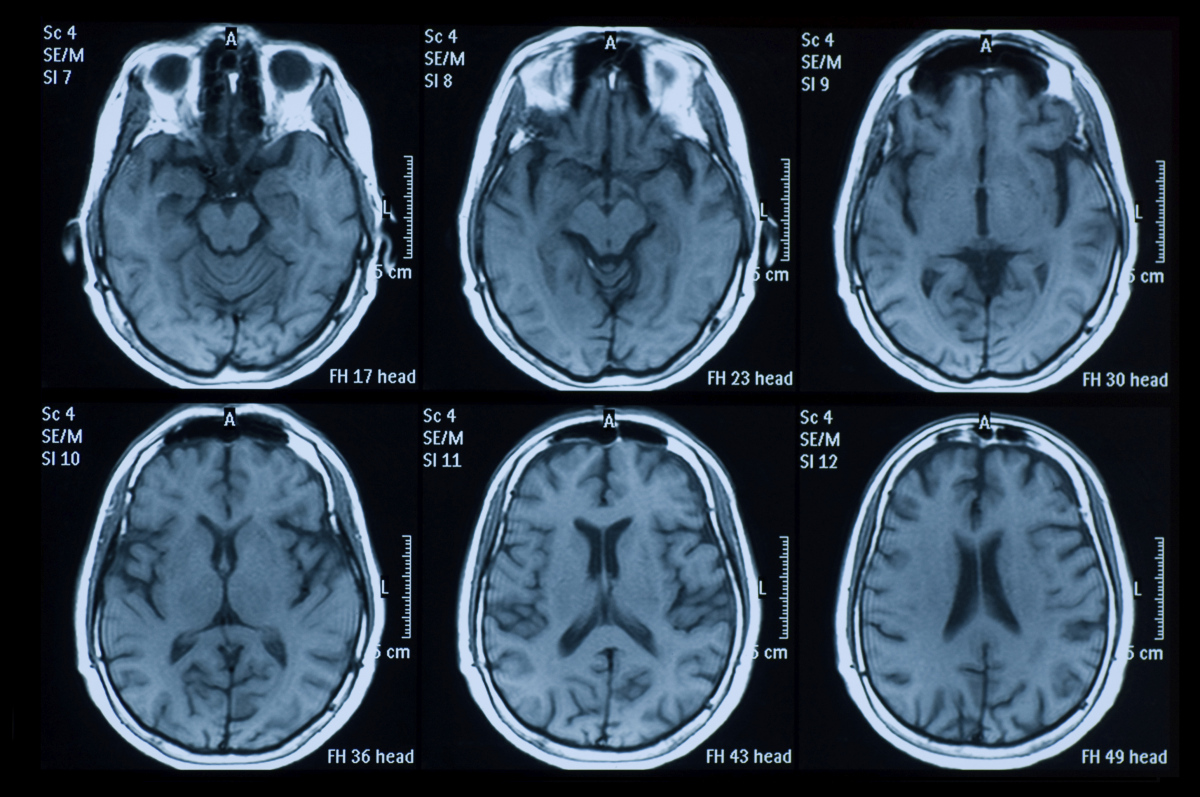An Oxford study in last week’s Neurology brings new hope to the prospect of detecting Parkinson’s disease in its earliest stages. Currently, the disorder has no cure, remaining one of the most painful chronic illnesses due to its gradually degenerative nature. Although there are medications available to offset Parkinson’s symptoms—such as shaking, slowed movements, speech changes—it’s been difficult for scientists to pinpoint the right treatments for a disease of which they know little. Currently, about 10,000,000 people worldwide will experience a death caused by the disease.
“At the moment, we have no way to predict who is at risk of Parkinson’s disease in the vast majority of cases,” explains Dr. Clare Mackay of Oxford University, “[but] we are excited that this MRI technique might prove to be a good marker for the earliest signs of Parkinson’s.”

“Dance for Parkinson’s” is a mobility workshop for those with the disease Mackay’s team hopes to prevent one day.
(Credit: www.danceforparkinsonsuk.org)
Mackay was one of the Oxford researchers to utilize a new technique in administering MRIs scan dubbed the “resting state fMRI.” What differentiates the resting state fMRI from your average MRI scan is simple enough. During the scan, patients are asked to remain absolutely still (even more so than your conventional MRI). Afterwards, researchers proceed to “scan neural connections in the basal ganglia part of the brain, where Parkinson’s patients tend to suffer [most].” If they see that there are visible declines in connectivity, it could be due to impending Parkinson’s.
“If they see that there are visible declines in connectivity, it could be due to impending Parkinson’s.”
“The results are very promising,” says Mackay about the study. And with good reason: her team was able to “predict the onset of Parkinson’s in 11 out of 13 patients.” That’s 85% accuracy for predicting the onset of a disease of which there is no known cure or cause, and is diagnosed for over 60,000 Americans each year.
In a way, researchers have been throwing lines into unclear waters with Parkinson’s research. Where does one begin to look for a cure for a disease about which the medical community knows so little? This week, we can celebrate in knowing that the Oxford team has tossed a strong line into preventative research with great – and most of all, promising – success.
You may like:
- HIV Virus Cure: Can Soy Sauce Save the Day?
- Scientists Combat Cancer with ‘Exploding Cells’
- The Science of Us: Cynthia Kenyon Joins Google ‘Anti-Death’ Project

 Predicting Parkinson’s?
Predicting Parkinson’s?




 “Hand to Earth” by Andy Goldsworthy
“Hand to Earth” by Andy Goldsworthy
 Trans Remembrance Project Provides a Community of Grieving
Trans Remembrance Project Provides a Community of Grieving
 Caring for a Dying Loved One? Be Gentle With Yourself.
Caring for a Dying Loved One? Be Gentle With Yourself.














